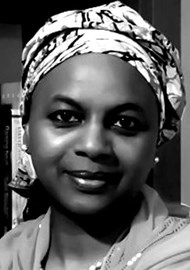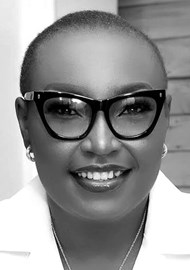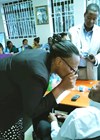This is the second in a series (see Part 1 here) of three articles about strengthening eye health services in Nigeria through collaboration with the LINKS and Networks run at the International Centre for Eye Health, LSHTM. This article highlights activities to reduce unnecessary vision loss due to glaucoma undertaken by Glaucoma-NET in Nigeria.
The Glaucoma Clinical and Research Network (Glaucoma-NET) was established in 2021 at the International Centre for Eye Health (ICEH), London School of Hygiene & Tropical Medicine (LSHTM), under the VISION 2020 LINKS Programme [1,2].
Its aim is to improve the care of people with glaucoma in low- and middle-income countries (LMICs) through capacity-strengthening, training, research and bringing patients and clinicians together to plan and develop eye health services.
Glaucoma-NET objectives
The objectives of the Glaucoma-NET are:
- To share knowledge on best practice between clinicians, centres and countries
- To agree on shared guidelines and protocols
- To develop specific national action plans to improve glaucoma screening and treatment services
- To develop sustainable, impactful partnerships between glaucoma centres.
These objectives form a strong basis on which each country can build and expand its work to address glaucoma. Other countries may wish to adopt this approach for addressing their glaucoma needs and all are welcome to join the Glaucoma-NET.
This article describes the key activities of Glaucoma-NET within Nigeria in collaboration with the Glaucoma Society of Nigeria (GSN) in the early part of 2023. It focuses on activities aimed at enhancing skills among ophthalmologists, improving glaucoma awareness and adapting the International Agency for the Prevention of Blindness (IAPB) glaucoma toolkit to a glaucoma practice guideline and toolkit specific for Nigeria.
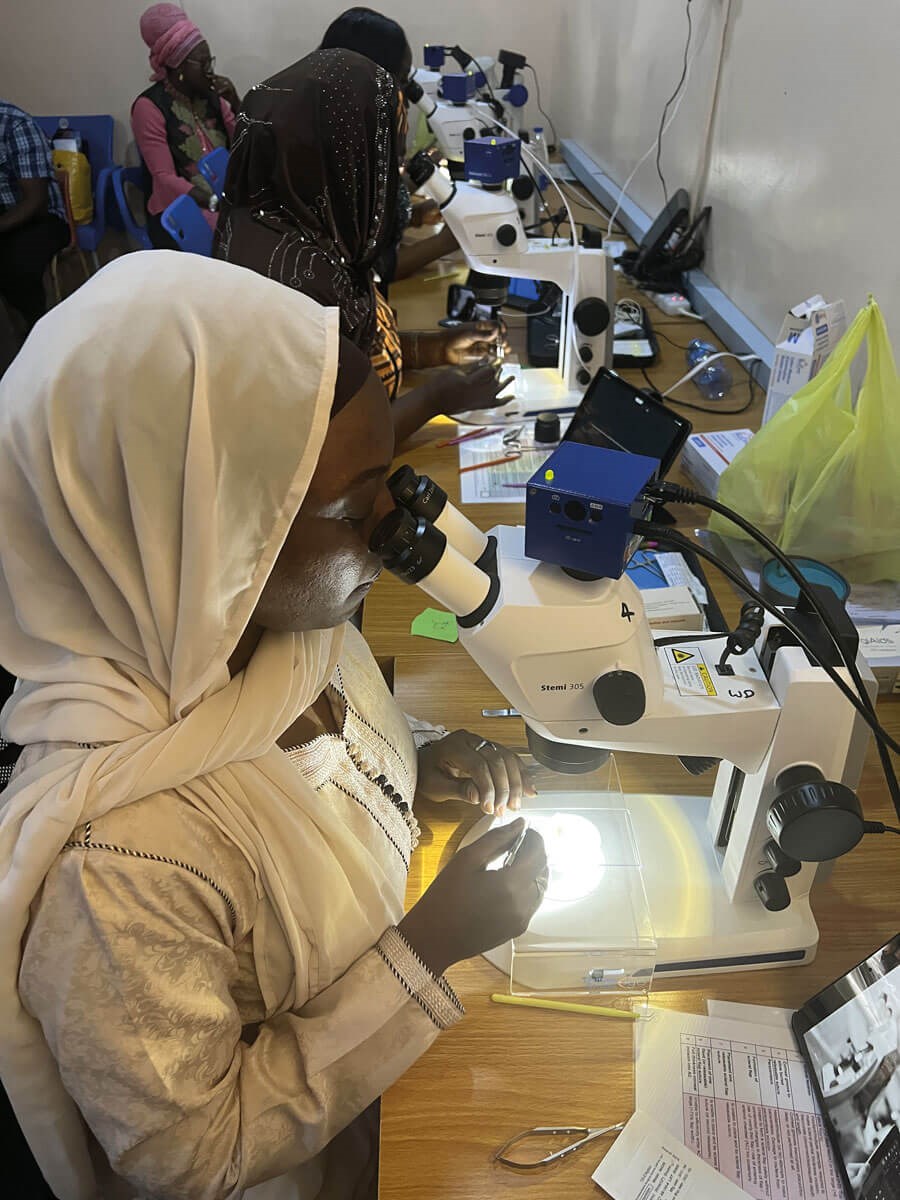
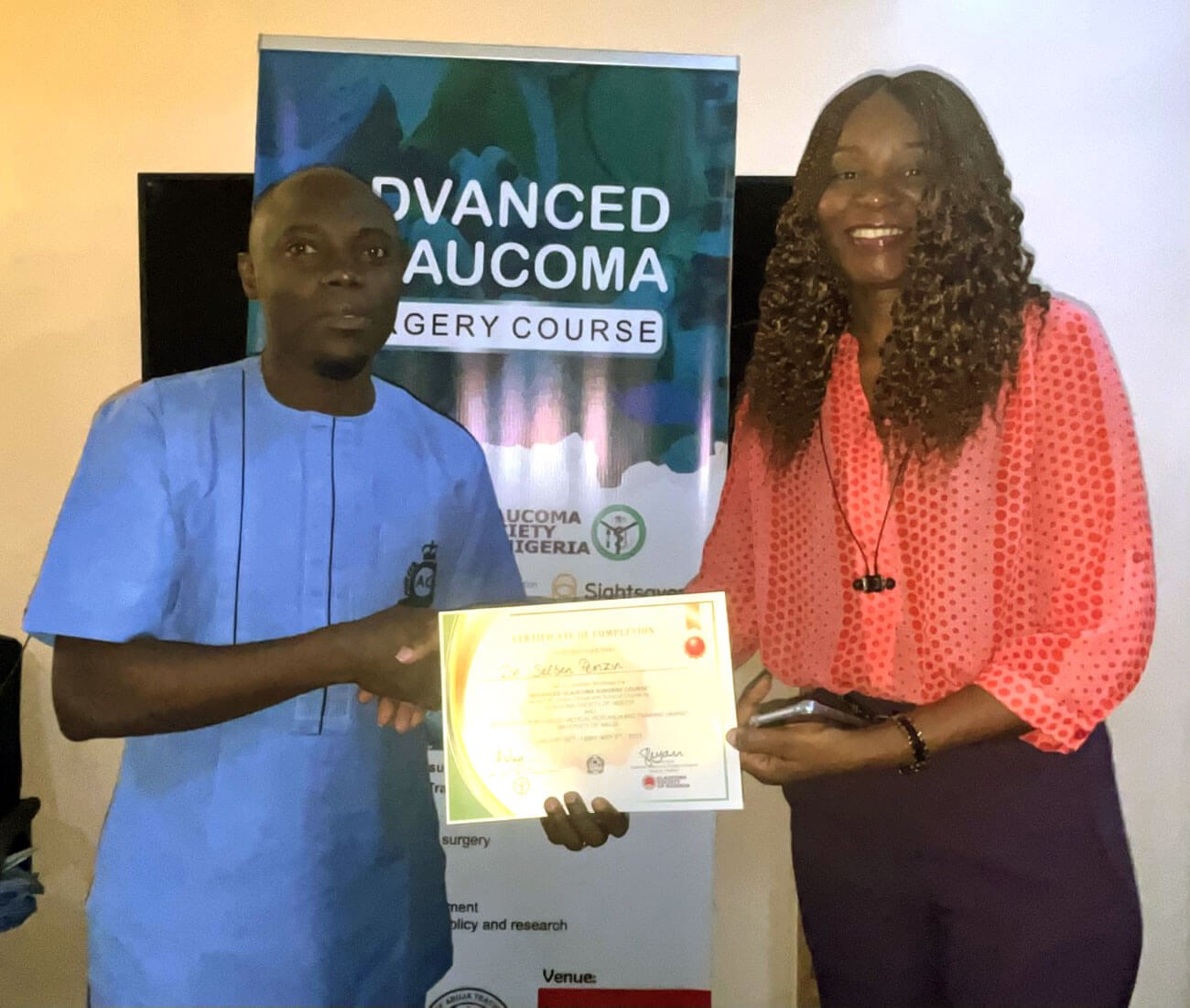
Participants in the advanced glaucoma surgery course.
Advanced glaucoma surgery course
Glaucoma training courses are a key objective of Glaucoma-NET [2]. Incorporating simulation-based glaucoma surgery as well as live clinical and surgical training, they are based on the course developed by Will Dean and colleagues in collaboration with eye health institutions across Africa [3].
In early 2023, a course was organised by the GSN in collaboration with the Institute for Advanced Medical Research and Training (IAMRAT) in Abuja, Nigeria and Glaucoma-NET.
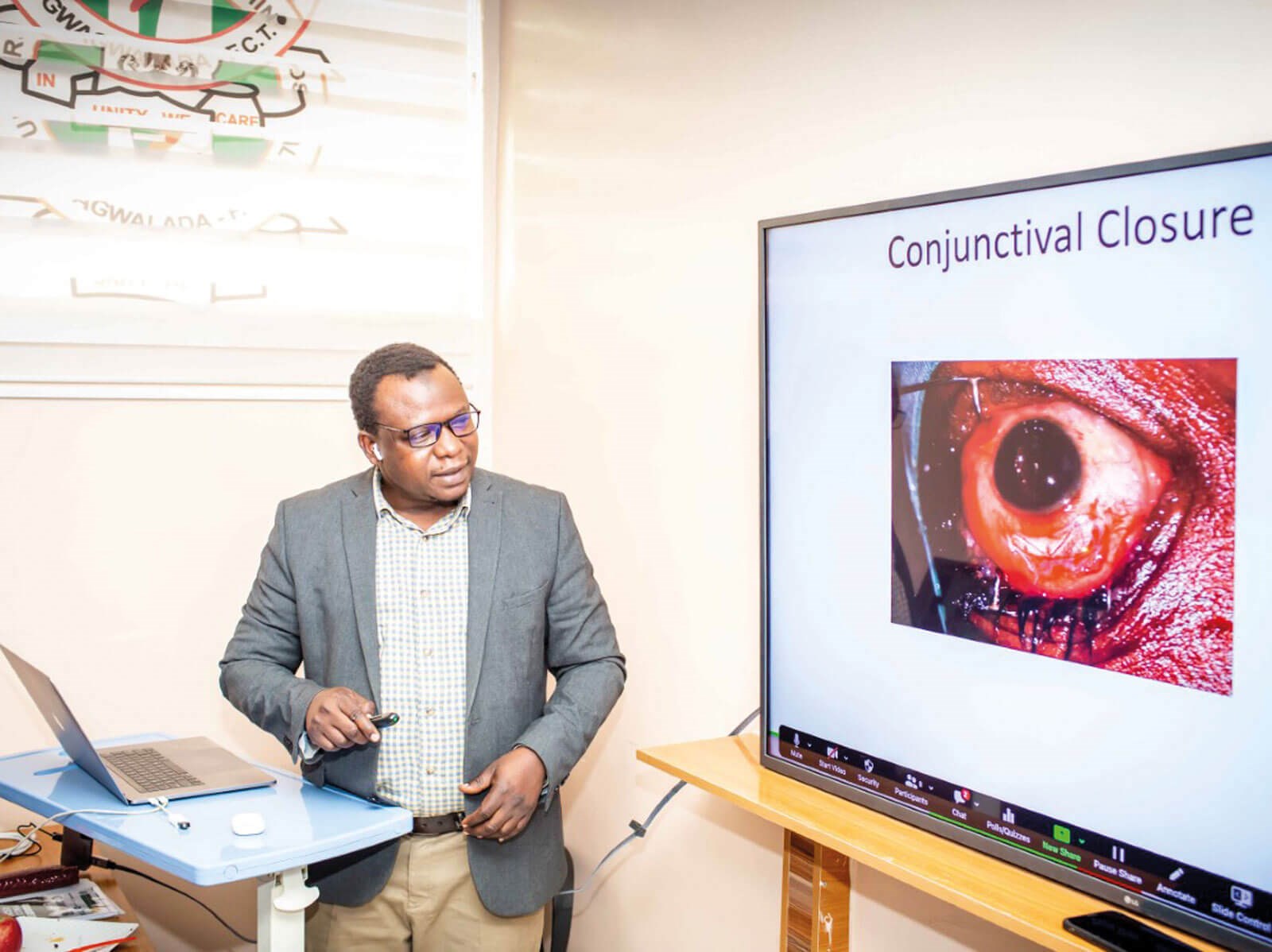
Dr Abdullah Sadiq Mohammed explaining trabeculectomy step-by-step.
The course was aimed at consultant ophthalmologists wishing to improve their skills and knowledge on the diagnosis, surgery and management of glaucoma, with particular emphasis on trabeculectomy. Funding for the course came from Sightsavers with support from the University of Abuja Teaching Hospital (UATH), which hosted it.
There were two weeks of pre-course online materials (videos and lectures) given by the International Ophthalmology Portal and CyberSight [4,5]. These were discussed at two facilitated pre-training virtual sessions and then followed by five days of on-site, hands-on structured clinical and surgical training at the end of January 2023. The trainers were four experienced glaucoma specialists from Nigeria and three international faculty; it was attended by 19 ophthalmologists working in training institutions in Nigeria who were members of the GSN. Some of the residents at UATH also joined in the training, while assisting with the logistics. A total of 10 CPD points were awarded for the course.
A new digital surgical skills lab, with Carl Zeiss Stemi 305 microscopes, was used for the course. Equipment and materials for the skills lab were donated by the Ulverscroft Foundation through the Glaucoma-NET (ICEH / LSHTM) and IAMRAT, University of Abuja.
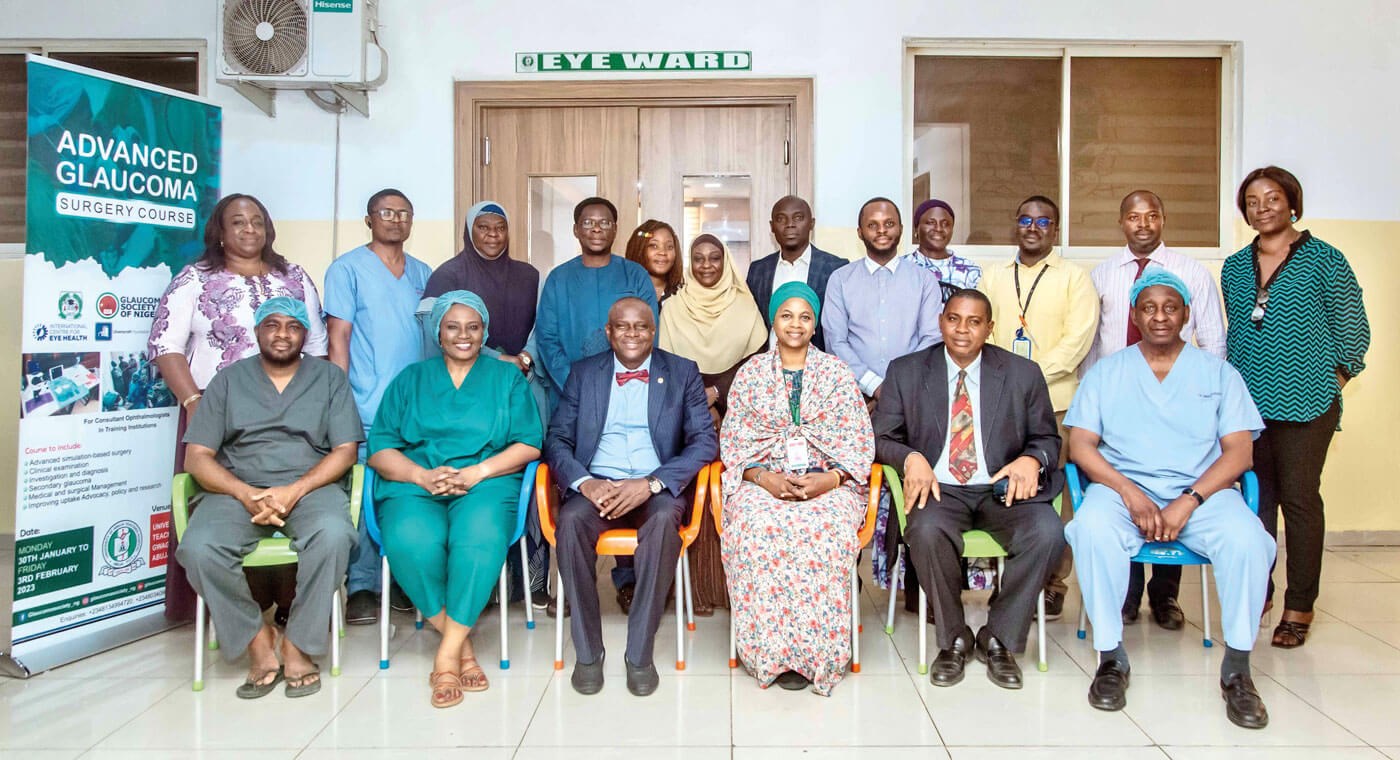
Participants and facilitators in the advanced glaucoma surgery course in Abuja.
Course overview
The trainees were divided into three groups of six and rotated between three activities during the five days – simulation-based surgery, operating theatre and clinic.
GLASS (glaucoma simulated surgery) for Nigeria: at the start of the training, participants recorded their surgeries with a video-assisted device provided in the simulation lab and reviewed and graded their performance, to provide a baseline for areas of improvement during the course.
The process for advanced simulation-based training in trabeculectomy surgery involves deconstructing the procedure into individual steps for sustained, deliberate practice. Trainees went through the steps involved in trabeculectomy, including placement of releasable sutures, practising scleral flaps on apples and foam, and performance of full trabeculectomy on artificial eyes – all under the guiding eyes of the trainers. The ophthalmic simulated surgical competency assessment rubric (Sim-OSSCAR) for trabeculectomy was used [6].
Theatre: glaucoma patients requiring surgery were operated on by the trainers, assisted by the ophthalmologists undertaking the course.
Clinic: glaucoma diagnosis and management options were discussed along with the detailed postoperative management of patients who had undergone trabeculectomy surgery.
Each group had four theatre sessions, three simulation sessions and three clinic sessions during the week. A ‘train the trainer’ session was also conducted virtually, facilitated by Ben Parkin, an Royal College of Ophthalmologists (RCOphth) trainer.
At the end of the week the pre-training test was reviewed and feedback on the training was obtained from the trainees and trainers. Participants and facilitators were presented with their certificates of participation.
Course outcomes
Most of the course participants reported that the course was beneficial (15/19), that they gained practical skills (14/19) and that their surgical proficiency and confidence had improved. All participants said that they appreciated the benefit of shared learning and the experience of simulation-based learning. Participants indicated that simulation-based learning offered easy surgical skill acquisition when guided by experts, building their confidence with repeated practice. Use of the step-by-step format demystified trabeculectomy and the supposedly difficult steps such as construction of the inner block and placement of the releasable sutures. They also suggested areas needing improvement: provision of teaching microscope tube and better resolution screen, more hands-on for trainees and a smaller teacher-trainee ratio.
One participant added: “It really increased my confidence and I’m ready to go out and do more trabeculectomies.” Another said: “The training has been impactful. It’s very detailed and it’s good to do it stepwise and people are able to get hands-on. Thank you.” And a trainer commented: “It was a wonderful experience, I hope we can replicate this in many more centres across Nigeria.”
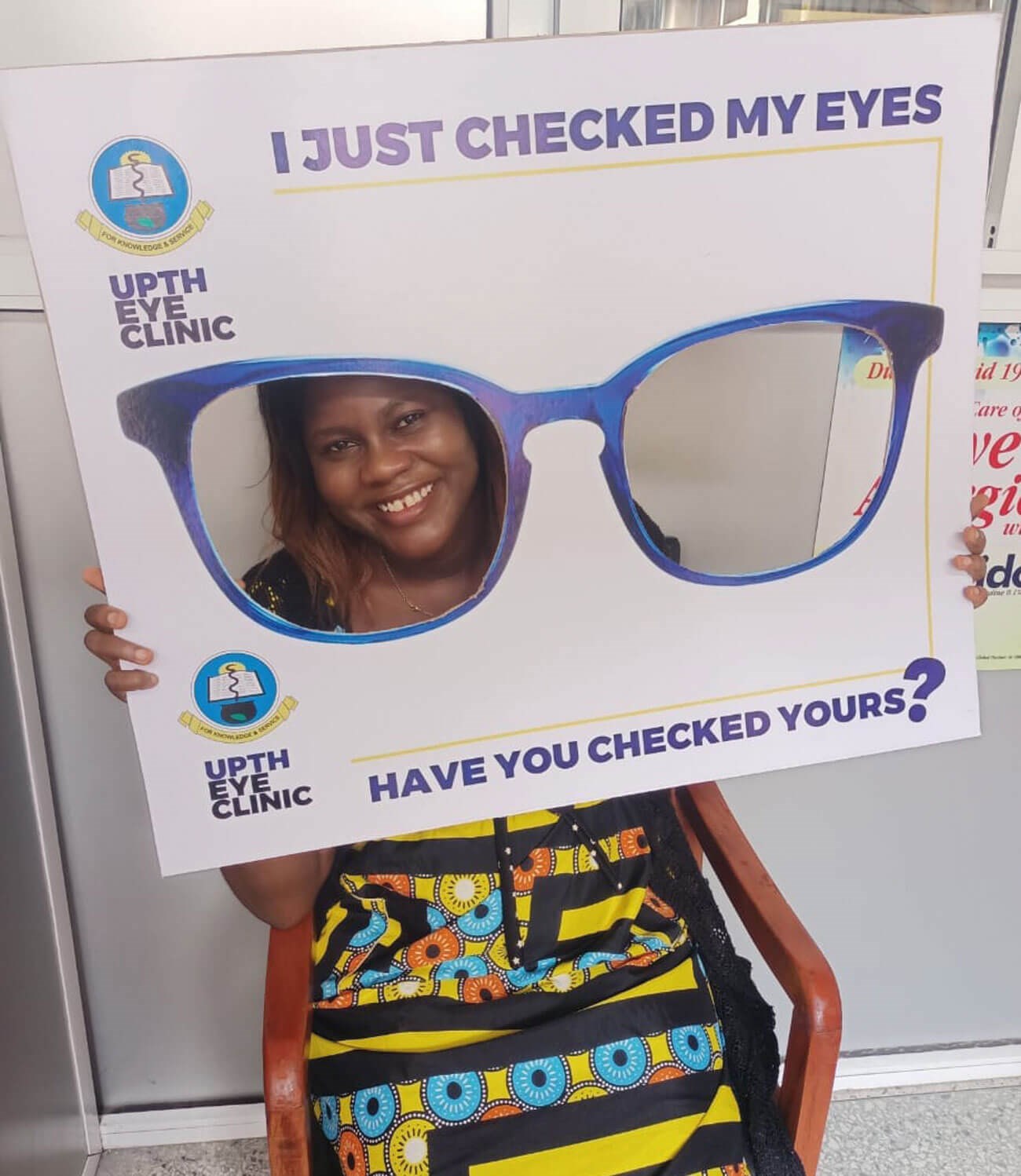
Glaucoma screening at the Ophthalmology Department, University of Port Harcourt Teaching Hospital.
World Glaucoma Week celebrations in Nigeria
Also held early in 2023 was World Glaucoma Week (WGW), an annual focus for glaucoma screening and awareness events worldwide, with full participation all over Nigeria.
Ahead of WGW2023, publicity campaigns for glaucoma were presented and discussed at one of the monthly Glaucoma-NET DISC meetings. The awareness campaigns in Nigeria this year aimed to get glaucoma to achieve a ‘top of mind’ (TOM) and ‘tip of tongue’ (TOT) status. Screening events were organised all over Nigeria. Targeted populations included rural communities, hospital and healthcare workers, military personnel, civil servants, policymakers, women and the general population.
Awareness was created with posters at strategic locations, radio and TV interviews with eye health experts to discuss the importance of early detection and treatment of glaucoma, cycle rallies, road walks and enhanced social media content during the week. It was coordinated by the GSN, who also produced a standardised patient data collection form, the ‘GSN screening form’, which was used across Nigeria.
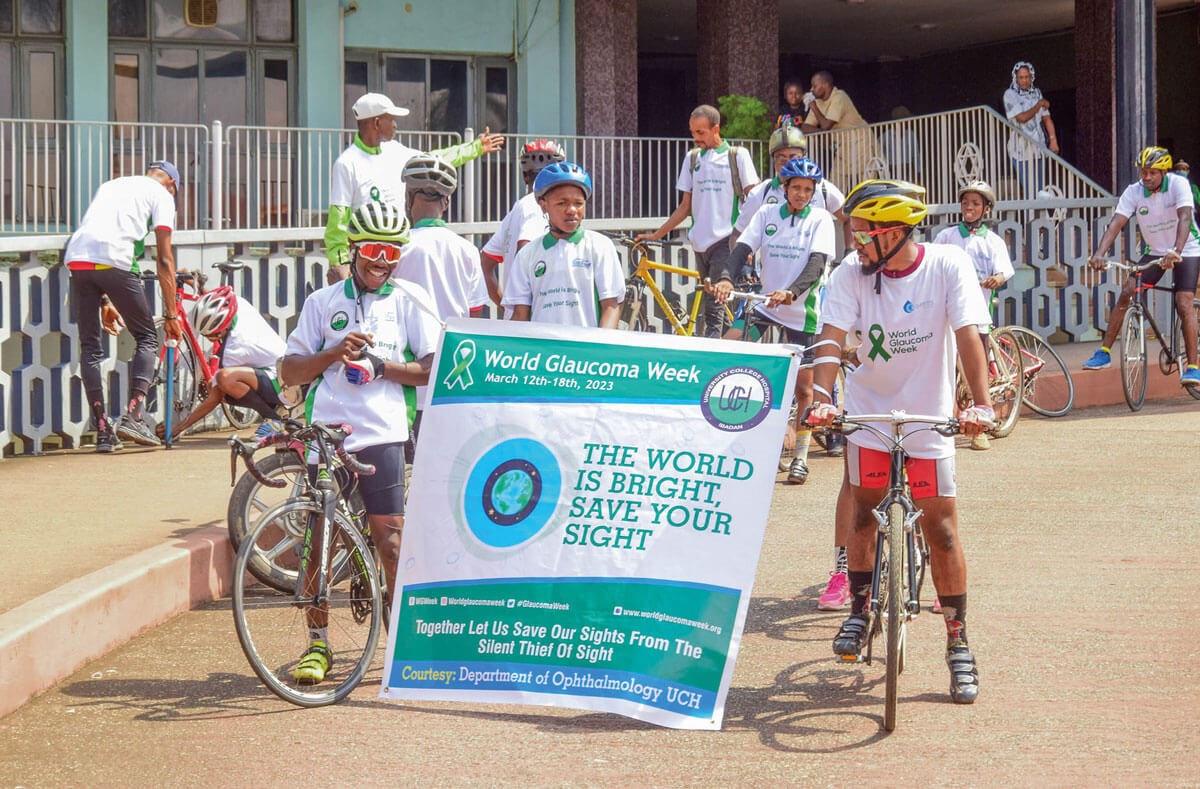
Bike ride organised by the Ophthalmology Department, University College Hospital, Ibadan.
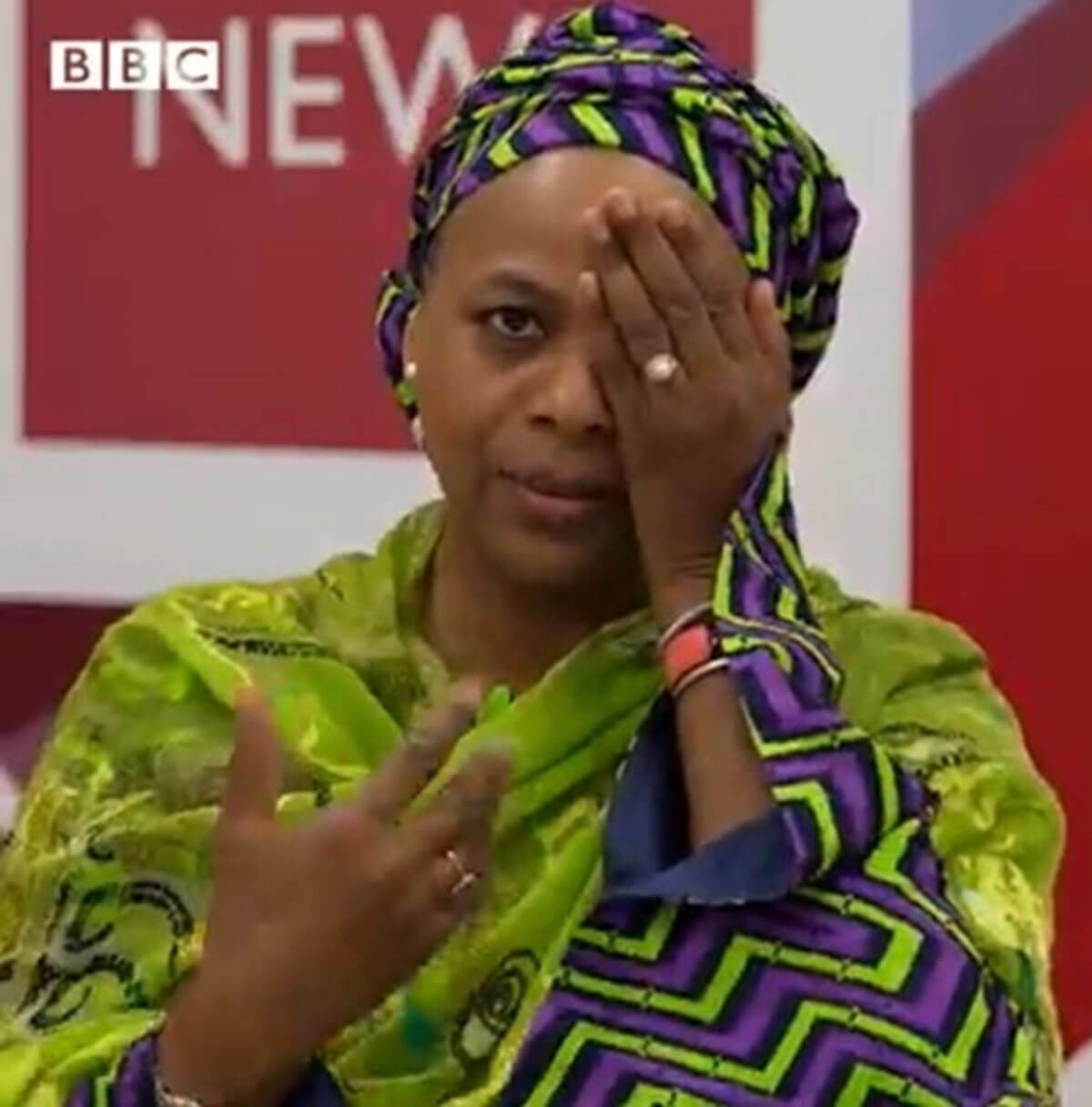
Fatima Kyari describing glaucoma on the BBC Hausa
social media programme during WGW2023.
The Technical Working Group for Nigeria National Glaucoma Management Guideline
The Technical Working Group (TWG) was convened by the Nigerian Federal Ministry of Health (FMoH) through the National Eye Health Programme (NEHP) and had its inaugural meeting in November 2022. The aim was to agree on the process of adapting the Toolkit for Glaucoma Management in Africa [7] so that it is specific for Nigeria’s needs. Using the consensus-building approach, there were brainstorming sessions, enriching discussions and fruitful outcomes with a common goal: to have, in the immediate term, an implementable and all-encompassing national guideline / toolkit towards optimal glaucoma care and prevention of vision loss. A few sections required revisions and specific tasks were assigned to group members.
Communication between group members and inputs by members continued through a WhatsApp group. The first draft of the revised national glaucoma guideline is being finalised in early 2023 for discussion at a forum involving nationally representative key stakeholders in May. The process for adoption of the guideline by the FMoH will include a resolution by the National Council on Health, which is the highest decision-making body for health in Nigeria. Thereafter, plans include collaborating with hospitals to train eye health workers across Nigeria on the implementation of the glaucoma toolkit and guideline. Glaucoma-NET is very grateful for the funding for this development in Nigeria, which came from Sightsavers and the Spectacle Makers’ Charity.
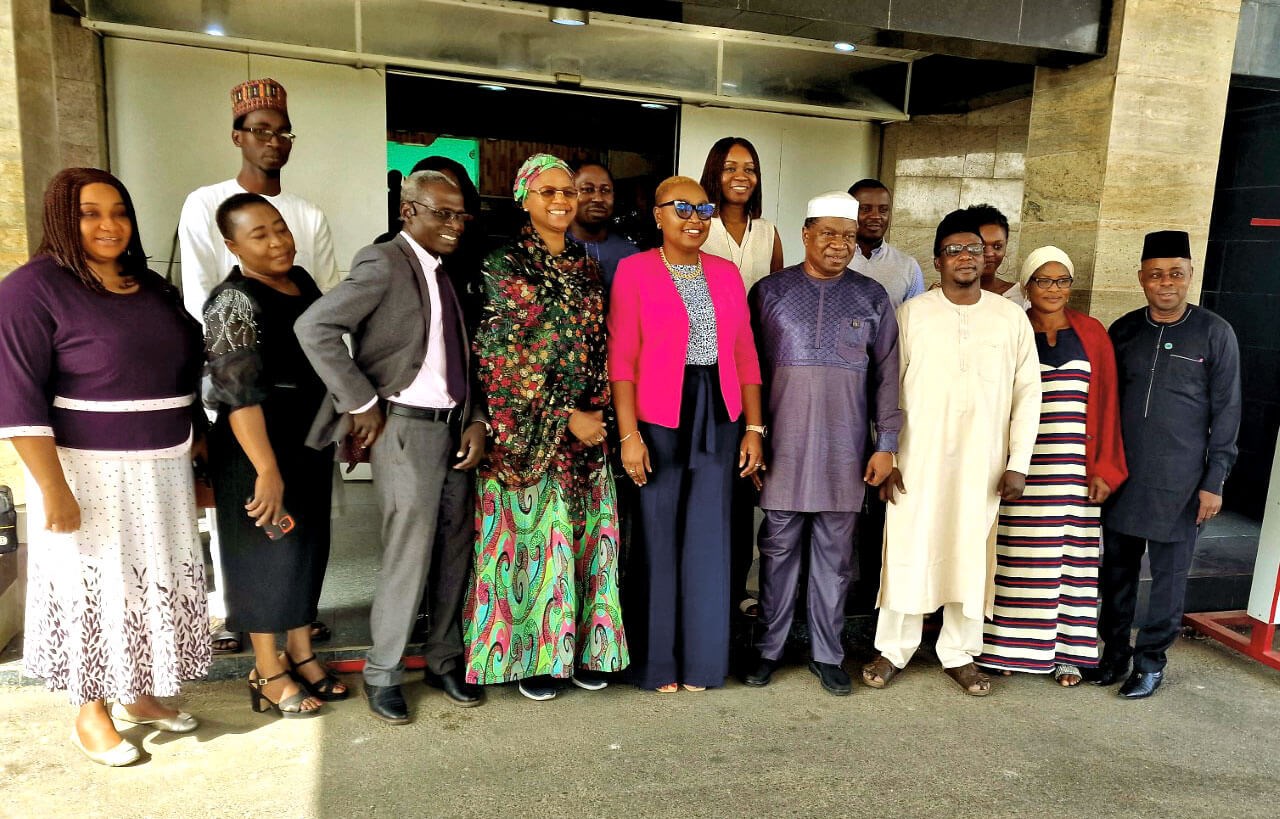
Members of the TWG at their inaugural meeting in November 2022.
Further training on glaucoma available internationally
Another source of training in management of glaucoma and awareness-raising is the free online course developed by ICEH and made available on FutureLearn:
Free Course:’Glaucoma: a public health approach to preventing blindness’
The International Centre for Eye Health’s free online course on Glaucoma gives a public health understanding of glaucoma, its lifelong management, and raising awareness for better quality eye care.
-
Analyse and evaluate methods of diagnosis for glaucoma
-
Explore the management options and challenges for glaucoma
-
Learn how advocate for access to good eye care to improve quality of life.
This course is available On Demand and CPD Accredited – take the course at your own pace and access the resources at any time. Learn with eye health professionals from different cadres, countries and contexts on this FutureLearn course.
Sign up here: https://iceh.lshtm.ac.uk/glaucoma-on-future-learn/er
References
1. International Centre for Eye Health. The Glaucoma Network.
https://iceh.lshtm.ac.uk/glaucoma-network/
2. Kyari F, Ibanga A, Onakoya A, et al. Glaucoma-NET: a novel way of improving glaucoma management in sub-Saharan Africa. Eye News 2022;29(1):30-2.
3. Dean WH, Buchan J, Gichuhi S, et al. Simulation-based surgical education for glaucoma versus conventional training alone: the GLAucoma Simulated Surgery (GLASS) trial. A multicentre, multicountry, randomised controlled, investigator-masked educational intervention efficacy trial in Kenya, South Africa, Tanzania, Uganda and Zimbabwe. Br J Ophthalmol 2022;106:863-9.
4. International Ophthalmology Portal. https://iop.vision/
5. Cybersight. https://cybersight.org/
6. Dean WH, Buchan J, Admassu F, et al. Ophthalmic simulated surgical competency assessment rubric (Sim-OSSCAR) for trabeculectomy. BMJ Open Ophthalmology 2019;4:e000313.
7. Light for the World. A Toolkit for Glaucoma Management in Sub-Saharan Africa.
https://www.light-for-the-world.org/
publications/a-toolkit-for-glaucoma
-management-in-sub-saharan-africa/
[All links last accessed March 2023].
COMMENTS ARE WELCOME



